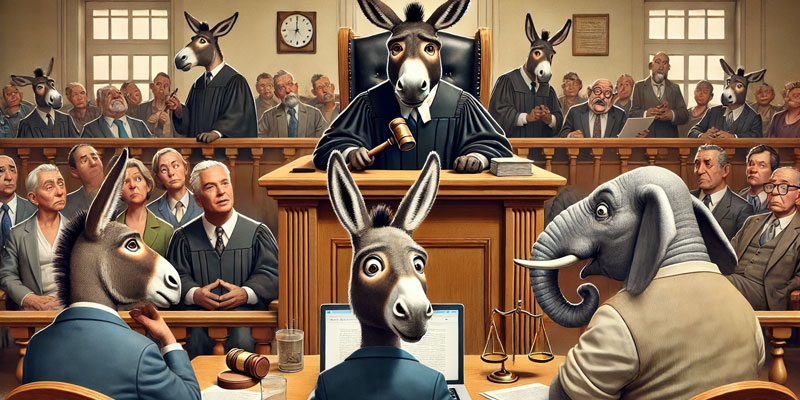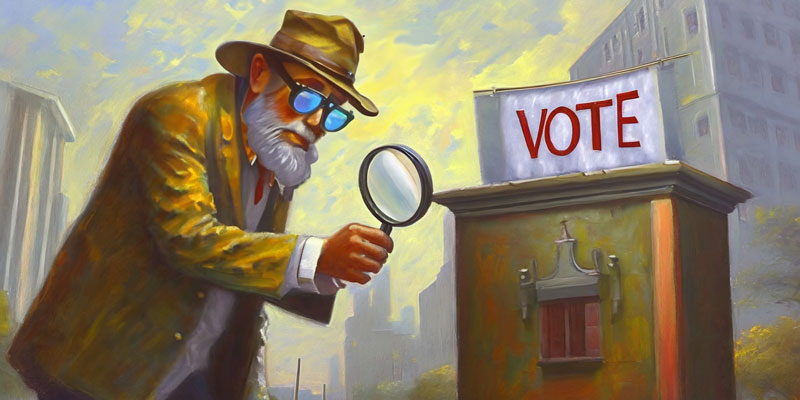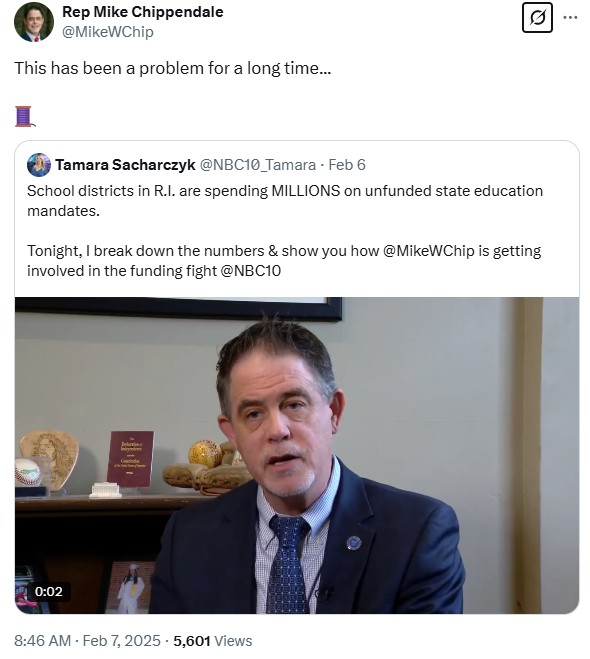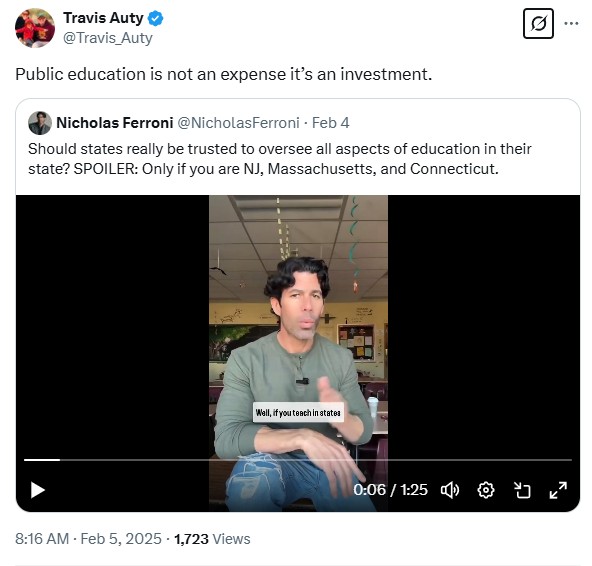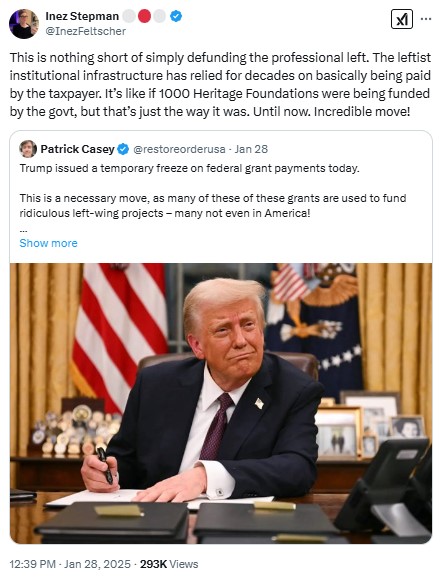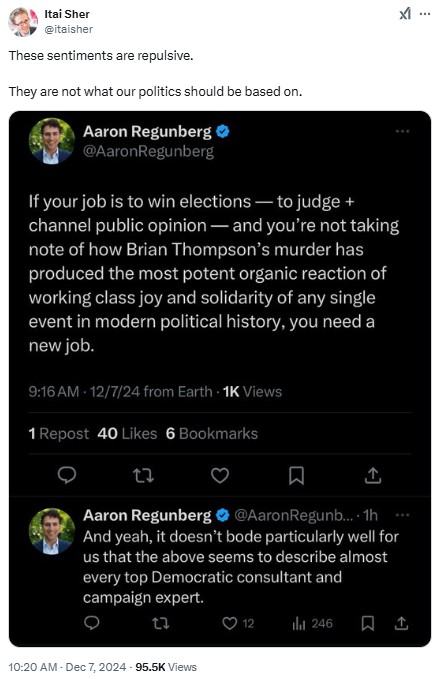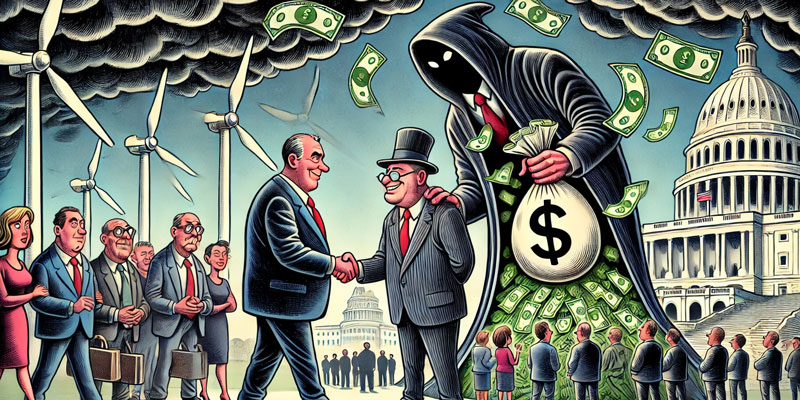
Politics This Week: The Business of Corruption
John DePetro and Justin Katz trace the evidence that corruption has become the business of government.
Politics This Week: The Bitter and the Comfortable
John DePetro and Justin Katz review the latest political news in RI.
Why a petition is needed to make RI state government acknowledge rights, law, and reality.
The state Department of Education’s “guidance” on transgender students exposes more than its radical beliefs.
Politics This Week: The Truth Will Out
John DePetro and Justin Katz note ways in which the truth pokes through the statewide narrative.
Politics This Week: Not What Things Seem to Be
John DePetro and Justin Katz reveal the hidden realities of RI politics.
Too Late for Early Housing
While we’re in the midst of our first weekend content lull, it seems as good a time as any to republish a vlog post of mine from January 2003 (mostly…
Acclimating to RI’s Education Dispute
Commenting to a post by Marc, Rich from East Greenwich offers several specific questions that he might ask if mediating teacher contract disputes there. Among the considerations that he proposes…
Truce Watch
Arianna Huffington has an article on her blog nominally analyzing how Kerry’s reluctance to talk about foreign policy contributed to his defeat, yet in her detailed tactical description how foreign…
Burning a Hole in Your Pocket
Pre–election day, Marc and I had a short cross-blog exchange that touched on the state ballot’s spending referenda. Marc did his homework and argued on behalf of some of the…
Double Checking the Chastener
While I’m proud to see him touting New England’s Roman Catholics as a pivotal demographic, University of Connecticut and Catholic University professor William D’Antonio was a bit bold in his…

This effort from Republican State Representative Mike Chippendale is worthwhile:
Drawing attention to the mandates state and federal law impose on local school districts has the healthy effect of encouraging people to learn about education funding, generally, and rationalizing the budgets in this way should have broad electoral support.
BUT this entirely misses the fundamental point, as I understand it. The people who run local schools generally want the same things as the higher governments imposing the mandates. They especially like having a ready-made (while also vague) villain to blame for increasing spending and taxes.
In short, education mandates are part of the elaborate scam Rhode Island insiders run on us all. Unless Rep. Chippendale and his fellow Republicans intend to pivot toward exposing the scheme, then their plan is not fully formed.
Maybe it’s just me, but X doesn’t appear to be working on my computer or phone. I was only looking for a moment of distraction, but the experience is a helpful reminder not to rely too heavily on a single platform for communication and information access.
Rhode Islanders should take legislation like this much more seriously than they do, because it exposes how little Democrat legislators respect our rights, understand the workings of those rights, and/or are willing to place our rights above their political ideology and interest groups:
State Rep. Karen Alzate isn’t waiting for federal immigration raids in Rhode Island to try to protect unauthorized immigrants living here.
In response to President Donald Trump’s call for mass deportations, Alzate has proposed legislation, H5225, that would create “protected spaces” in Rhode Island where immigration enforcement and border patrol agents couldn’t enter without a warrant signed by a judge.
The bill specifically states that “schools, places of worship, health facilities and public libraries shall not grant access to their premises, for any federal immigration authority to investigate, detain, apprehend, or arrest any individuals for potential violations of federal immigration laws,” absent a warrant. That is, Alzate would be forbidding such organizations from cooperating with ICE even if they want to. She is conscripting the properties of these organizations to further her political ideology.
Maybe she assumes all such groups share her extreme views and doesn’t intend to force anybody to do anything, but either way she’s made herself an example of a type of politician who should under no circumstances be trusted with elective office.
Something about this tweet from Bill Bartholomew is more striking than it should be:
I’m not sure whether it’s better or worse if Bartholomew actually believes what he says or is just playing a role. The absolutely most negative interpretation that actually makes sense about the people Bartholomew dislikes is that they don’t care about you, which leads me to conclude he’s got a bad case of projection. He’s the one who hates, and it’s so ingrained that he thinks other people must act from the same emotion.
Note, in particular the phrase “using near-meaningless culture war nonsense.” I remember when Bartholomew was pretending to be a fair broker on his podcast and interviewed Matt Allen. Matt flipped the interview table and asked him if there was anybody he wouldn’t have on his show. We now know that list is long, but at the time, I think he said something about a person who is strongly anti-trans.
In other words, the “culture war” issues are definitely not meaningless nonsense to him. He just thinks it’s illegitimate to hold opposing views, and anybody who dares to stop the progress of his radical march must be doing so out of irrational hatred.
One could pick apart on its own terms Nicholas Ferroni’s commentary suggesting that most states can’t be trusted to run their own education systems and “education is not an expense; it’s an investment”:
For context, Ferroni is a teacher in New Jersey who calls himself an “activist” (apparently for left-wing social causes) and moonlights as a paid speaker. He takes it as written that the federal government is a net positive to education, which many of us would dispute. Indeed, his case that there is already a wide gulf in the success of schools from state to state brings his assumption into question. His faith in the value of teachers unions amplifies the need to question his assumptions. In Massachusetts, which he calls out as an exception where the state government can be trusted with education, the success is directly attributable to reforms decades ago that reduced the unions’ power (which have been softened with predictable results).
The problem with insisting that “education is an investment” is that many institutionalized and powerful people believe it should be a unique form of investment whereby the simple fact of adding money increases profit, and wherein demanding accountability from the people who take that funding on the promise of making the investment bear fruit is an affront.
Education needs more accountability and less meddling from activists inside and outside of government.




 This…
This…